Why Longevity Based Healthcare?
Why Longevity Based Healthcare?
Its goal is to help people live healthier, longer lives by focusing on preventative measures and interventions that can slow down, reverse, or even halt the effects of aging.
Longevity based medicine is a form of healthcare devoted to increasing the length and quality of life through addressing potential root causes of aging. Its goal is to help people live healthier, longer lives by focusing on preventative measures and interventions that can slow down, reverse, or even halt the effects of aging.
Through this approach, it seeks to improve health and wellbeing in order to enable people to live fuller, more meaningful lives.
Dr Brian Anderson, founder of Anderson Longevity Clinic, understands that maintaining good health is the key to longevity and he has focused his practice on helping patients achieve an optimal quality of life. He believes that the benefits of longevity based medicine extend far beyond mere physical health and into psychological, emotional, and spiritual well-being as well.
At Anderson Longevity Clinic, we work with patients to formulate individualized plans for healthy aging that address diet and nutrition needs, mental health concerns, exercise plans tailored to personal goals, stress management techniques, and more.
We look at each patient holistically in order to identify any areas where improvements can be made which may reduce inflammation or improve cellular metabolism—two factors known to have a positive influence on lifespan.
Longevity based medicine is not just about living longer; it is about living better. It seeks to make sure that we remain healthy throughout our entire lifespan so we can experience all that life has to offer without being limited by age-related diseases or ailments.
We works to help people optimize their long-term health while still enjoying all the moments along the way—so they can live with purpose right up until the end.
The Effects Of Probiotics On Depression
Research on depression and probiotics has been growing in recent years, suggesting that certain probiotic strains may help improve depression symptoms.
A 2019 study found that supplementing with a specific strain of the bacteria Lactobacillus Helveticus could reduce depression scores in subjects with major depressive disorder. Another study from 2018 showed that taking a combination of three different probiotic strains could reduce anxiety levels among participants who had been diagnosed with depression.
These findings suggest that probiotics may have an effect on mental health, though more research is needed to fully understand how they work. While there are still many unanswered questions about the role of probiotics in depression, these studies provide evidence that they may be beneficial for people suffering from depression. In addition, probiotics are generally safe and have few side effects, so they may be worth trying for those looking to improve depression symptoms.
This is the first systematic review and meta-analysis with the goal of determining the effect of probiotics on depression. We found that probiotics were associated with a significant reduction in depression, underscoring the need for additional research on this potential preventive strategy for depression.
-Huang R, Wang K, Hu J. Effect of Probiotics on Depression: A Systematic Review and Meta-Analysis of Randomized Controlled Trials. Nutrients. 2016 Aug 6;8(8):483. doi: 10.3390/nu8080483
If you’re considering taking probiotics for depression, it’s important to consult with your doctor first to make sure that the supplements won’t interact with any medications you’re taking or cause other health issues. Additionally, depression is a complex condition that requires medical attention and treatment from a qualified mental health professional in order to get lasting relief. Probiotics should not replace traditional treatments recommended by your doctor.
Ultimately, probiotics may present an additional tool for managing depression symptoms.
Gut Brain Psychology – What is it?
The gut-brain connection might seem like something out of a sci-fi movie, but gut-brain psychology is an emerging field of medicine with potential to revolutionize the way we treat and prevent disease.
What is Gut-Brain Psychology?
Gut-brain psychology looks at how gut bacteria affects the function of our brains and nervous systems, as well as our moods, behavior and overall mental health. This includes examining how gut inflammation can affect our mental health and even how certain pesticides, fertilizers, or toxins in food can make symptoms worse.
Diagnosing Gut Concerns
When it comes to gut health and gut-brain psychology, stool testing has become increasingly popular for diagnosing gut issues such as SIBO (small intestine bacterial overgrowth). This testing can be used to identify gut bacteria levels, which may in turn give your medical provider important insight into gut inflammation and gut-brain dysfunction.
Treating Gut Concerns
Probiotics are a great way to help restore gut flora balance and keep gut bacteria levels healthy. Research suggests that probiotics may also positively impact mood, behavior, and even cognitive function. Probiotic-rich foods can make a big difference in gut health. Some examples include…
kimchi
sauerkraut
kefir
yogurt
miso
There are also many diet changes you can make to help place your gut and brain into the best possible state of health. A plant-based diet, full of fresh fruits and vegetables, is often recommended for those looking for gut-brain balance. Other helpful gut-brain diet tips include reducing your intake of processed foods, avoiding artificial sweeteners, and limiting your caffeine intake.
For more information on gut brain health, or to discuss treatment options, book an appointment with a board-certified medical provider at Anderson Longevity Clinic.
Please don’t hesitate to give us a call! Our team strives to help you get back to feeling great in no time.



